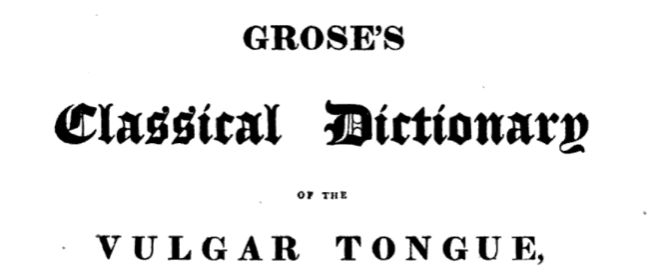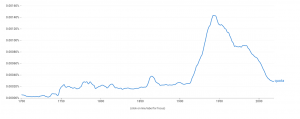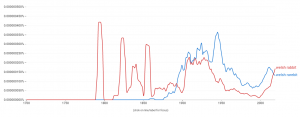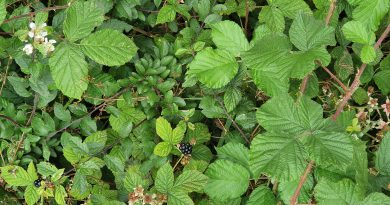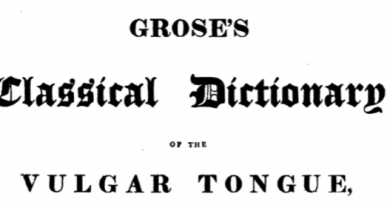Dictionary of the Vulgar Tongue – Day 275, 276 and 277
The Dictionary of the Vulgar Tongue was first published at the end of the eighteenth century, and given that the current health crisis is giving too much time to read books, I thought I’d pick a daily word from it until I got bored…. And to catch up after getting behind with these posts, and because I’m getting towards the end of the book, I’m doing three days at once now. How lovely….
Quirks and Quillets
This is defined as “tricks and devices. Quirks in law; subtle distinctions and evasions”. The word ‘quirk’ is from the early sixteenth century and the origin unknown, initially meaning ‘a subtle verbal twist’. A quillet was ‘a subtle distinction, or a quibble’ and the word origin of that is also unknown, possibly derived from the Latin word ‘quidlibet’ meaning ‘anything’.
The phrase isn’t much quoted in literature, doesn’t appear on Google Ngram and likely wasn’t really that much used, even at the end of the eighteenth century when the dictionary was published. But it’s still a rather lovely turn of phrase that only from a quirk of fate (see what I did there…..) isn’t still part of the English language.
Quota
This word is defined by Grose as “a snack, share, part, proportion or dividend. Tip me my quota; give me part of the winnings, booty or plunder. CANT”. The addition of that last word means that it was used predominantly by the canting, or criminal underworld, community. Grose was one of the earliest authors to note this word, which had come into the English language in the early seventeenth century, derived from the Latin words ‘quota pars’ meaning ‘how large a part’. I like the possibility, and perhaps probability, that this word started to spread because of the canting community where individuals wanted to ensure they weren’t missing out on their share.
Google Ngram shows how the word came into usage, not really becoming that common until the twentieth century.
Rabbit
Back to food, Grose defines this as “A Welch rabbit; bread and cheese toasted, ie, a Welch rare bit. Rabbits were also a sort of wooden canns to drink out of, now out of use”. As for the second part of this definition, I can’t find any obvious evidence of the word being used for that meaning, although since it was already archaic in the late eighteenth century, that’s perhaps not surprising.
But, back to Welsh Rabbit, this phrase evolved not long before Grose wrote his dictionary, with the first recorded mention being in 1725. It was likely meant in a humorous manner (well, probably not to the Welsh) to indicate that it was the nearest that they could get to actual rabbit. This ‘rare bit’ element was first mentioned by Grose himself, but he doesn’t explain where he’s got this from. The word was always ‘rabbit’ and ‘rare bit’ is likely just a mistake that was probably made by people confused with what on earth this dish has to do with rabbit, an ingredient that it has never contained.
So, ‘Welsh Rarebit’ is wrong historically, it should be ‘Welsh Rabbit’, and Google Ngram shows something a little interesting here (I still acceptable that I need to get out more….). This shows that until around 1900, the word ‘Welsh Rabbit’ remained predominant, until the ‘Rarebit’ version become more commonly used. However, over the last few years, it seems to have switched back, showing that even today word usage can change quickly. As for how Grose spelled ‘Welch’, that was just a common alternative for ‘Welsh’.

